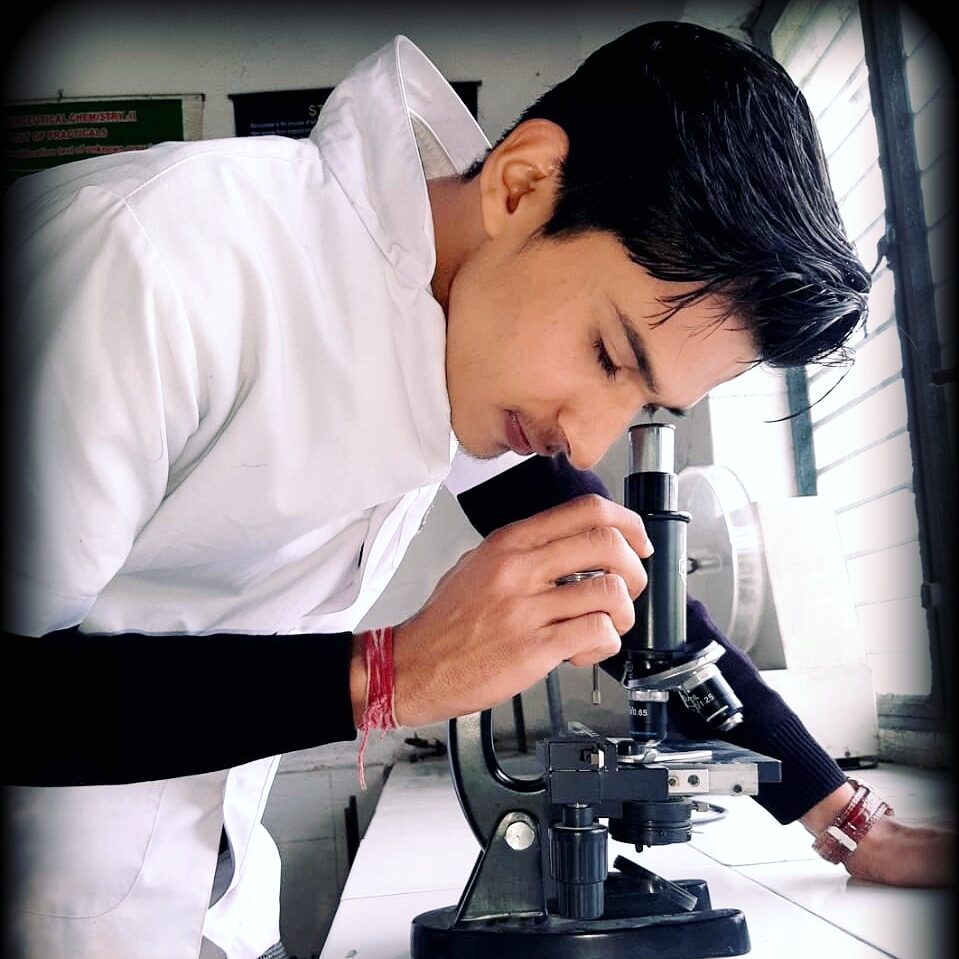The spleen is a vital organ located in the upper left part of the abdomen, just below the ribcage. It serves multiple functions in the body, including filtering and purifying the blood, recycling old red blood cells, and playing a role in the immune system by housing immune cells and contributing to the body’s defense against infections.

Structure of the Spleen:
- Parenchyma: The spleen has two primary tissue types: red pulp, responsible for filtering and removing old or damaged red blood cells, and white pulp, essential for immune function.
- Capsule: A robust, fibrous capsule envelops the spleen, offering both structural support and protection.
- Trabeculae: Fibrous trabeculae extend from the capsule into the spleen, creating distinct compartments.
- Blood Vessels: The spleen boasts a robust vascular network. It receives blood from the splenic artery and returns it to the systemic circulation via the splenic vein.
- Sinusoids: The spleen’s red pulp houses large sinusoidal blood vessels that filter and remove old or damaged red blood cells.
Functions of the Spleen:
The spleen serves several vital functions within the body, which include:
Blood Filtration:
The spleen acts as a blood filter, monitoring red blood cell quality, and removing old or damaged cells to maintain a healthy blood supply.
Immune Function:
- The white pulp of the spleen is a critical component of the immune system. It contains a substantial concentration of immune cells, especially B and T lymphocytes, pivotal for recognizing and combating pathogens.
Production of Antibodies:
- The spleen is actively involved in antibody production, which are proteins responsible for recognizing and neutralizing specific pathogens. It assists in orchestrating immune responses against infections.
Storage of Platelets:
- The spleen functions as a repository for platelets, crucial for blood clotting. It can release these platelets into the circulation when the need arises.
Blood Reservoir:
- During situations of increased demand, like hemorrhage or intense physical activity, the spleen can act as a blood reservoir. It releases additional blood cells into circulation.
Fetal Hematopoiesis:
- During fetal development, the spleen contributes to blood cell production, particularly in the early stages of fetal growth.
Iron Recycling:
- The spleen recycles iron from old red blood cells, using it to produce new red blood cells.
Immunological Surveillance:
- The spleen is crucial in the detection and response to infections, tumors, and other irregularities within the blood
Storage of Monocytes:
- The spleen can store monocytes, a type of white blood cell, and release them into circulation when needed for immune responses.
